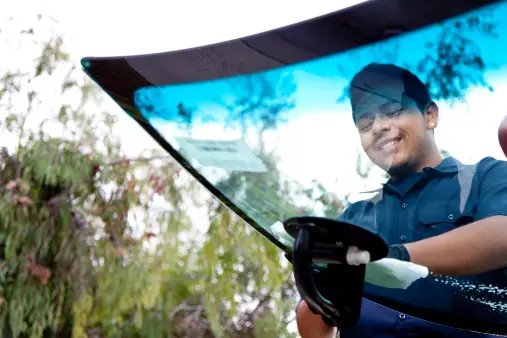Preventing Temperature-Related Damage
Now that we know temperature changes can affect auto glass, what can we do to prevent damage? Here are some tips:
Avoid Rapid Temperature Changes: Try not to expose your auto glass to sudden temperature shifts. For example, don't use hot water to melt ice on the windshield, and avoid using the air conditioning on its coldest setting immediately on a hot day.
Use a Sunshade: In hot weather, a sunshade can help keep the interior of your car cooler, reducing the stress on the auto glass from heat expansion.

Park Smart: Whenever possible, park in the shade during summer and in a garage during winter. Minimizing exposure to extreme temperatures can help protect your auto glass.
Regular Inspections: Keep an eye on your windshield and windows. If you notice any chips or cracks, get them repaired as soon as possible. Small issues can become big problems when exposed to temperature changes.
Quality Repairs: If you need a repair, choose a reputable service. Properly repaired auto glass can withstand temperature changes better than glass with poor-quality repairs. Understanding the impact of improper windshield repairs on safety is crucial, as these can significantly compromise the structural integrity and protective capabilities of your windshield.